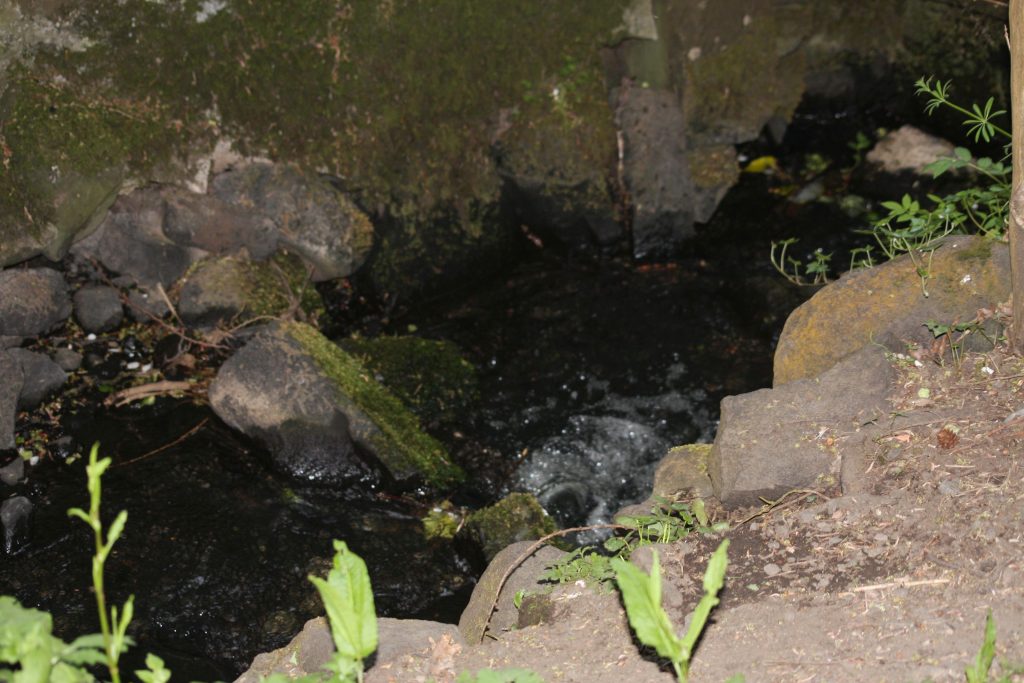
I think of The Well of the Moon as a transitional book, perhaps more personal than the previous ones, certainly more ‘human’. There are a few poems about the brain-glitches that happened under stress, in revisiting painful memories or under medication (for migraines in this instance), glitches that made me feel lost, depersonalised, not properly ‘a person’.
The genesis of the book was an incident in 2017 when, for about a minute and a half, I literally lost my mind. This phenomenon has a posh name, transient global amnesia, which is – to use the technical language of the doctor who gave me a check-up afterwards, ‘a weird stressy kind of thing that happens in your brain’. It passed almost before I had time to notice, but I got fascinated by what was in it when I got it back – the kind of things that let you know who you are – language, perception, memories, connections of all sorts, work, and artistic expression. It made me focus on how important questions of connection and communication are to my work.
There is a lot of all those things in the book. I’ve used Old English and Oriental verse forms, and included translations from Latin, Old Norse and Old English. There are folklore references from Greece, Rome, Ireland and Iceland, and some local archaeology from the village of Cambuskenneth where I live.
In spite of the dramatic opening, I hope it is mostly a joyous and hopeful book. I’ve revelled in all the connections and expressions of creative responses to the world I’ve found, and though it wasn’t possible to avoid the whole pandemic upheaval completely, with all the troublesome issues it threw up, I do hope I’ve crafted a way through and out.
Here’s a taster, from the first section, Thought and Memory. The geo in the picture is The Gloup in Orkney.
Geo
This place reminded me of home,
but wasn’t, though the red Victorian
tenements looked right. Then I was gone.
My memory emptied itself like a geo
between tides, leaving wet echoing cliffs,
and glimpses of small damp things making
for the dark safety of the crumbling rock –
and the words, ‘I haven’t lived there for years.’
The broken paving slabs were solid under
boot-soles, street lights changed from red
to green. The empty husk of me walked on,
even talked, I think, but showed distress,
not knowing who was walking.
It asked itself how old it was, and how
did it keep walking with no-one in it?
A rising roaring tide – salt, heavy, bitter –
flowed in, filled up the empty caverns
with time and place, the weather of the day,
the busy sandstone Ibrox street.
Memories like kittiwakes alighted
on ledges in the rock, and made their nests.
Not knowing how old I was turned out to be really odd. It would appear that knowing your age is much more than knowing how to behave in an age-appropriate way.

I’ll be writing more about geos next time – Jen Hadley has a Shetlandic Gyo in her fabulous new book The Stone Age, which I want to discuss.